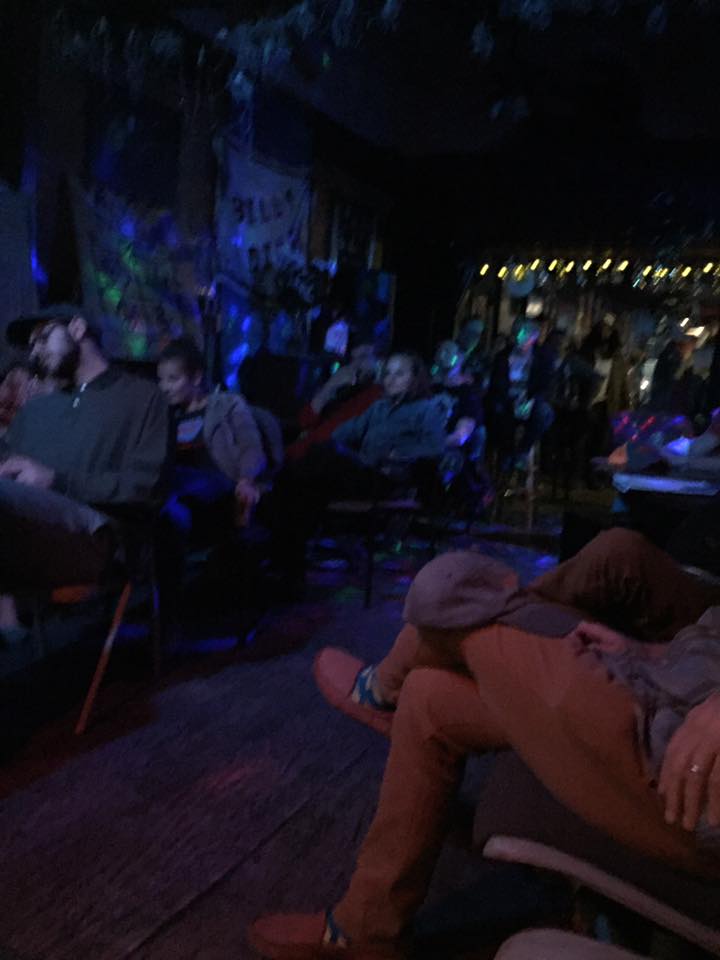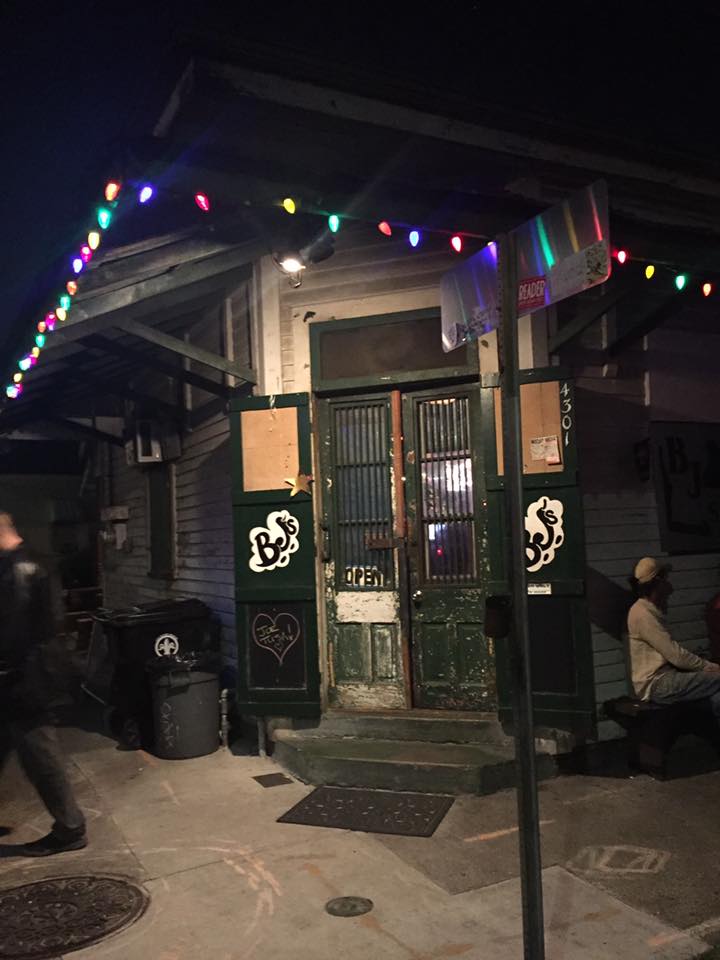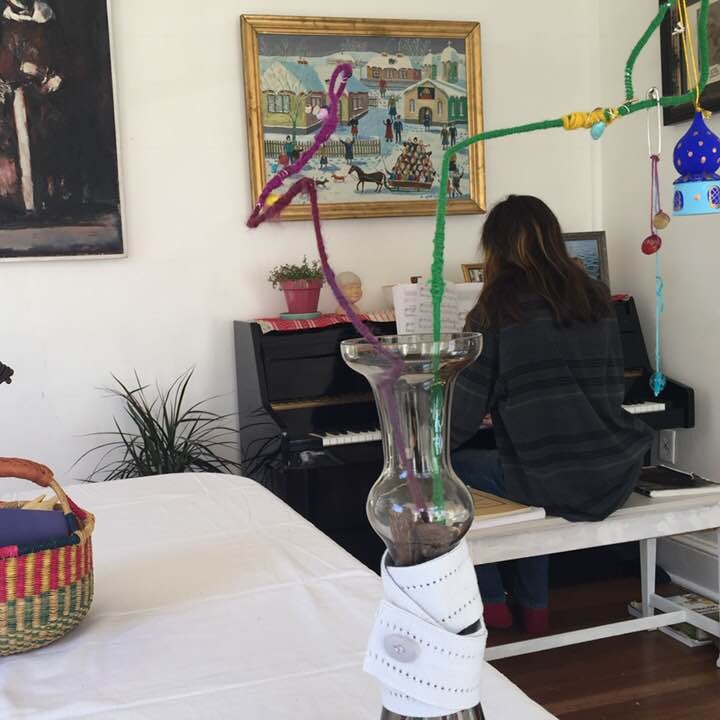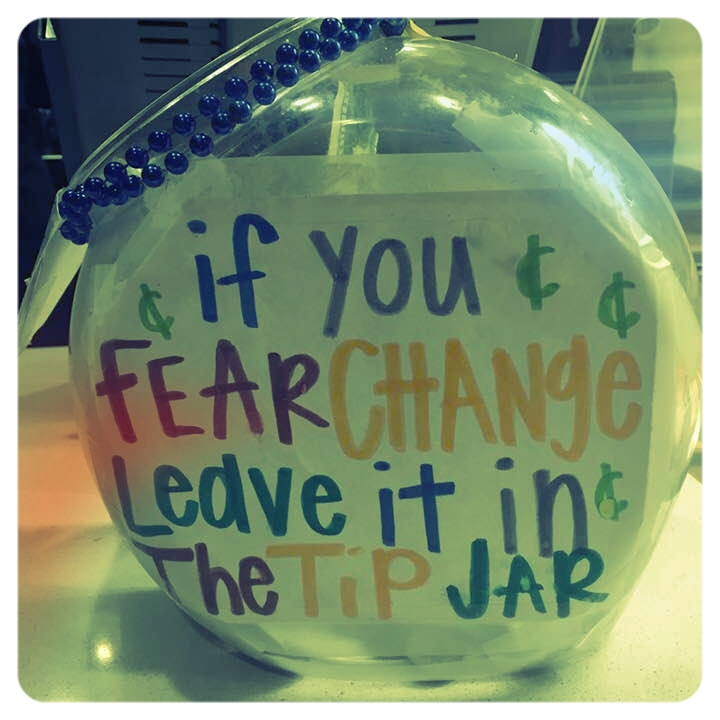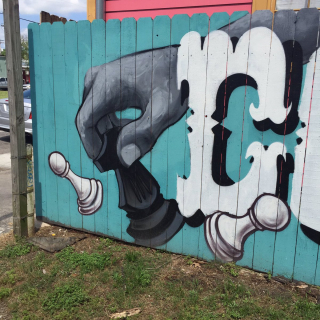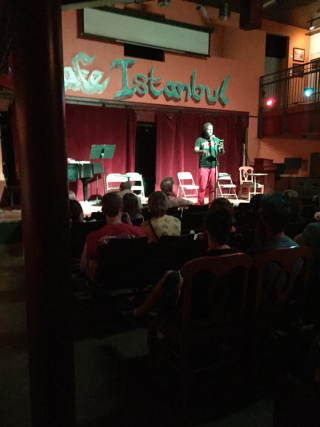“We believe in the validity of male emotions more than we believe in validity of female emotions. We are a society that doubts women who report their own experiences of what a man was like or what an experience was like. That’s rape culture, too. It functions across numerous variations on how relationships work. Maybe he’s this. He’s a good guy at heart…We make excuses for men left and right, back and forth. It’s really not a courtesy we do to women…”
Amanda Miska's twitter call-out for ex-evangelicals came to mind when I was reading a great short story by Andre Dubus, "If They Knew Yvonne," told from perspective of a young devout Catholic male, offers insight into how abstinence education dehumanizes and perverts sex, with the costs imposed primarily on female. Here is the narrator in confession, speaking to priest:
“But I shouldn’t have had a girl, because I believed my semen was the most important part of sex, so the first time I made love with her I was waiting for it, like my soul was listening for it—you see? Because I wouldn’t know how I felt about her until I knew how I felt about ejaculating with her.”
The ejaculate is rendered holy, primal, an expression in which the female body is essentially a vessel. Narrator continues:
“So after that we were lovers. Or she was, but I wasn’t. I was just happy because I could ejaculate without hating myself, so I was still masturbating, you see, but with her—does that make sense?"
The prohibition on masturbation resolved by presence of appropriate vessel. And the perversion of language, whereby what narrator must be doing is "making love", since any other sexual activity is Satanic, the verbal construct is fascinating here, when he says: "I made love to her without knowing her.”
And I can't help thinking about incels... how they are bred... the water they tread.
Things are always happening here, but they are always the same things: children scuttle in and out of alleyways until they finally settle, tired and confused, against a wall; boys become men, who drift along until something catches their attention; women put their hands to their mouths and call their children home. Something is always happening here, but it's never exactly what we were waiting for, so we just go on with our lives, and what occupies us right now is waiting for my brother.
Beth Nugent's short story, "Another Country" (from City of Boys)
TM: What is the best part about living with another writer?
JB: Never having to explain why you don’t want to go out.
TM: What is the worst?
GH: Whatever plans you might have, they can get eliminated at any time if one of us is in the writing fugue. You just have to accept that your plans are canceled in that instance.
[Interview with Julie Buntin and Gabe Habash]
“But I can’t help thinking there are men who still somewhere deep inside them have an unconscious fantasy that one day they’ll be helpless again. And they don’t want the person who’s going to be looking after them to be thinking, ‘Fuck you, I wish you’d die in the night.’ Nobody wants that, they don’t, but then, I was terribly taken aback by this. You know, the critics would say, this is great writing, it’s really wonderful, she’s at the peak of her powers and all that kind of shit, but there’s this awful anger and I hated it and it was ugly and how could she have been so cruel? ”
If I write from that place, of longing, then the place I am writing about becomes like an obsession. I feel intense homesickness and idealize it in the same way. The place is mine and I can imagine it as an intense version of itself. That also means that I use the setting to serve the story and forget any urge to create a faithful portrait.
[Interview with Clare Cameron]
I remember vividly being a kid in school and learning about the Holocaust, and my question back then was “What would I do? Who would I have been?” And I couldn’t understand it, I couldn’t fathom how it could happen. And now here I am.
Living with a sense of wonder, allows the seemingly trivial to insist on having meaning. It is not hierarchical. Children know this. They bestow great importance on a mouse on a counter, or a sticker of a unicorn prancing across a binder. As an adult, the act of judging one’s self and the world around you as insignificant is what leads us to lose our sense of wonder.
[Interview with Heather O'Neill]
"And what about your personal angel? There's one sitting right beside you now and yet somehow taking up no space at all. Since an angel has no substantial presence it can compress itself to the size of a synapse, can follow the extraordinarily swift and winding ways of a thought... Could our daily indecisions... be the contrast between what we truly want and where our concentrated knot of angel has taken us? Maybe we're compositions, evolving works of art for angels, and they're attracted to the elegant patterns they make of our fates."
Phillip Graham's short story, "Angel" (from Interior Design)







